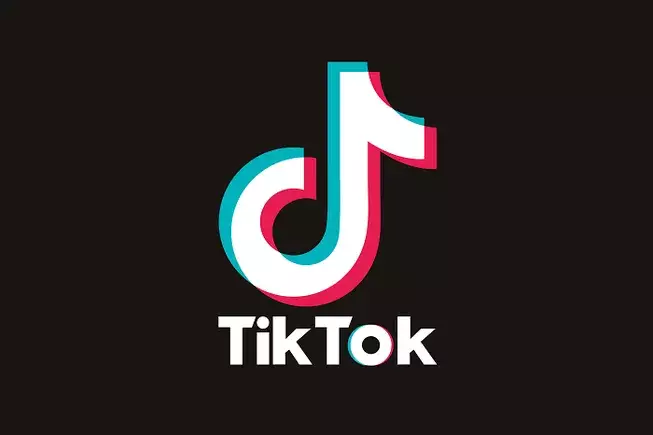Amid fluctuating regulations and ongoing debates about its safety, TikTok has recently made a significant return to the digital landscape in the United States. Following assurances to tech giants Google and Apple that they will not face penalties for allowing downloads of the popular app, TikTok is once again available in both the Google Play and Apple App stores. This decision comes in the wake of the Biden-administrated “Protecting Americans from Foreign Adversary Controlled Applications Act,” which had previously mandated that TikTok must be sold to an American entity by a specific deadline or face a permanent ban in the country.
While the January 19th deadline for a sale elapsed without any concrete arrangements being reported, the political landscape shifted when President Trump took office. Upon his inauguration on January 20th, he signed an executive order that effectively granted TikTok a reprieve of an additional 75 days. This extension raised questions about the administration’s intentions and its willingness to engage in negotiations that could allow TikTok to maintain its presence in the U.S. market beyond the initial deadline. However, despite these developments, it should be noted that Trump’s executive order did not render the original legislation moot, leaving the app’s fate under a cloud of uncertainty.
Throughout this turbulent period, influential players in the tech industry have played a role in shaping TikTok’s future. Notably, Oracle has emerged as a steadfast supporter, effectively ensuring the app remains operational for users who had already downloaded it prior to its removal from the app stores. Meanwhile, Apple and Google initially took a more conservative route by removing TikTok, along with other apps owned by its parent company, ByteDance, amid the ongoing legal and political tensions.
The new Attorney General, Pam Bondi, recently stepped forward to provide formal confirmation that tech companies can offer TikTok for download without fearing legal repercussions. This affirmation has served as a green light for TikTok’s continued access in the U.S. for potentially the next 50 days, until the expiration of Trump’s extension. However, one must consider the implications of such political intervention on the integrity and perceived autonomy of the app.
As discussions proceed regarding a potential deal involving TikTok, collaboration with leading American companies like Microsoft and Amazon has been reported. Yet, the exact nature of these negotiations remains ambiguous. President Trump has entertained several proposals, including the intriguing notion of the U.S. government acquiring a stake in the application. By exploring such avenues, the administration has sought to create a framework that both mitigates national security concerns and provides a method for ByteDance to navigate regulatory complexities with the Chinese government.
Additionally, behind-the-scenes negotiations have been pivotal to these developments. TikTok’s management has been in regular dialogue with Trump’s administration, which could potentially lead to a compromise beneficial for all parties involved. However, this dependency on political favor raises questions about the app’s long-term viability in a market where it must routinely justify its existence amid scrutiny.
For now, TikTok seems to have regained its footing in the U.S., enjoying a temporary respite from potential bans or extensive operational changes. While Trump’s affinity for the platform—exemplified by his significant follower count—could play a role in structuring a favorable outcome, there are inherent risks tied to such close ties between technology and politics.
Ultimately, while TikTok can operate as usual for the present, uncertainties linger about what formal agreements will materialize by the conclusion of the 75-day extension. The constant push and pull between regulatory compliance and public interest continues to shape the discourse surrounding TikTok’s presence in the United States, reflecting broader concerns about technology and national security in today’s global landscape.


Leave a Reply
You must be logged in to post a comment.